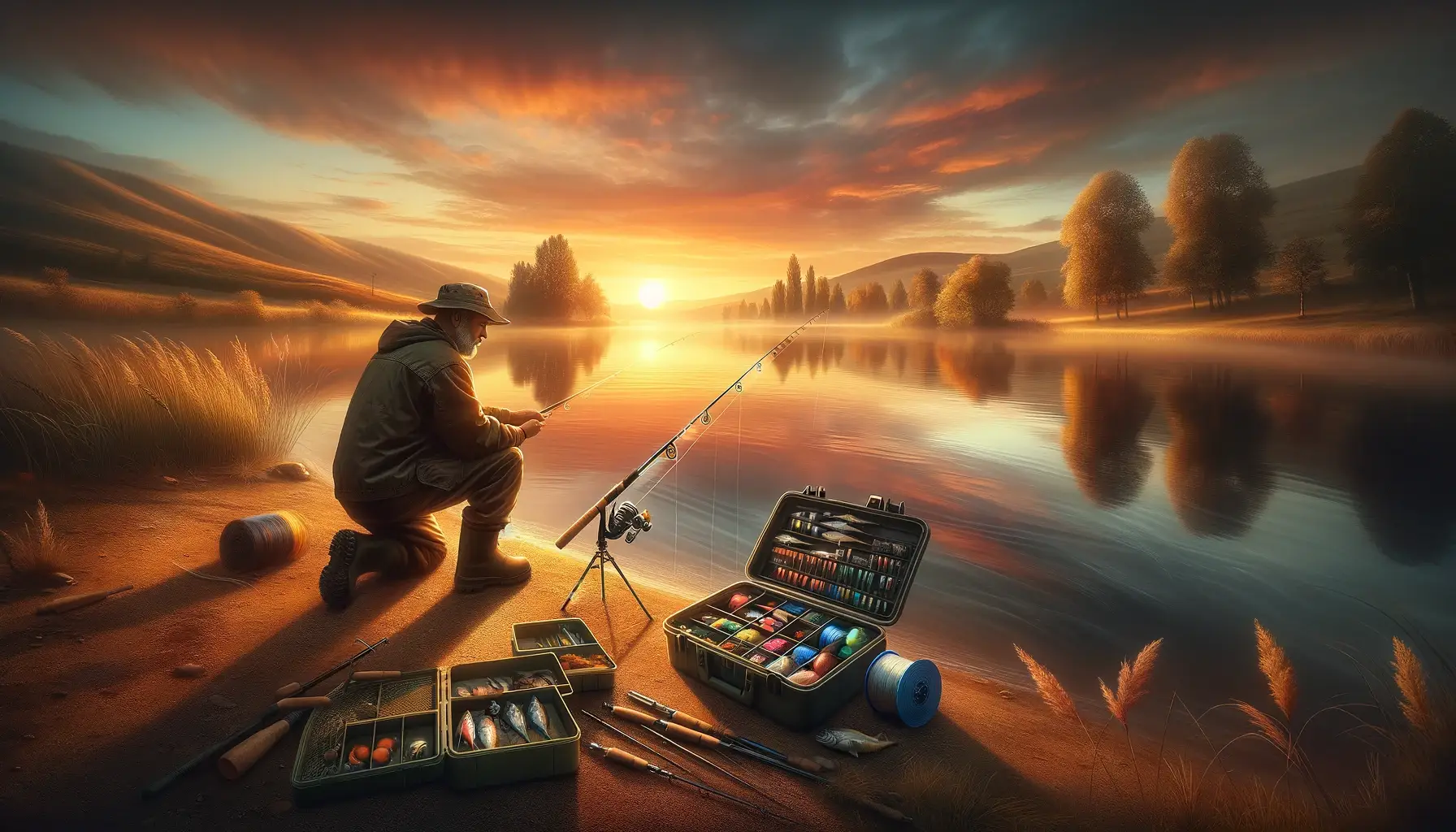The Ultimate Guide to Fresh Water Fishing USA: Tips, Tricks, and Techniques for 2025
Discover the best fresh water fishing USA techniques and tips for 2025. Learn practical advice to elevate your fishing adventure.
Research Your Fishing Spot
The first step to a successful freshwater fishing trip in 2025 is doing your homework. Look up the lakes, rivers, or reservoirs you’re planning to fish in and research what species are most common there. Are you heading to Lake Guntersville for bass or the Madison River for trout? Different locations mean different tactics, so tailor your approach accordingly. You’d be surprised how much local fishing reports, social media groups, and even YouTube videos can reveal about hotspots and conditions. I once ignored a local tip about fish biting on red crankbaits, and guess what? I spent hours skunked while the guy next to me reeled in bass after bass. Lesson learned—knowledge is power.
Invest in Quality Gear
It’s tempting to stick with that old rod and reel you’ve had since college, but investing in updated equipment can make a world of difference. Newer rods are often lighter and more sensitive, allowing you to feel even the faintest nibble. Plus, reels these days are smoother than ever, which means fewer frustrating tangles. Trust me, I learned this the hard way when my ancient spinning reel jammed just as I hooked what felt like the fish of a lifetime. Spoiler alert: The fish got away. Whether you’re targeting crappie, catfish, or walleye, having reliable gear tailored to your target species can save you headaches—and heartbreaks.
Master Seasonal Patterns
One of the most underrated tips for freshwater fishing success is understanding how fish behavior changes with the seasons. In spring, fish are often in shallow waters for spawning, while in summer, they retreat to deeper, cooler areas. Fall can be an excellent time for aggressive bites as fish bulk up for winter, and colder months often mean slower presentations. I’ll never forget a chilly November morning when switching to a slow jigging technique turned a slow day into a personal-best haul. Pay attention to water temperature, weather conditions, and the calendar, and you’ll stay one step ahead of the fish.
Use Live Bait Strategically
While artificial lures have their charm, live bait often outperforms, especially when targeting species like crappie, catfish, or bluegill. Worms, minnows, and even leeches can work wonders when presented correctly. But here’s the catch—pun intended—keeping your bait alive and lively is essential. I’ve made the mistake of letting my minnows sit in warm, stagnant water, and unsurprisingly, the fish weren’t interested. Invest in an aerated bait bucket and handle your bait carefully to maximize its appeal.
Practice Catch-and-Release Ethics
With growing awareness about conservation, it’s more important than ever to practice good catch-and-release habits. Use barbless hooks when possible, handle fish with wet hands or a rubberized net, and minimize the time they’re out of the water. I’ll admit, I used to be less careful about this, but after seeing a few fish struggle post-release, I realized I needed to step up my game. The healthier the fish you release, the better the fishing for everyone in years to come.
Embrace Technology
Fishing in 2025 isn’t just about casting a line; it’s about leveraging technology to your advantage. Fish finders and sonar devices have become incredibly advanced, helping you locate fish and even determine their size and depth. Smartphone apps can provide real-time weather updates, so lunar calendars, and even GPS mapping of underwater structures. I was sceptical at first—old-school all the way—but after using a fish finder to locate a submerged brush pile teeming with crappie, I became a believer.
Stay Patient and Adaptable
Lastly, remember that fishing is as much about patience as it is about skill. Some days, the fish just won’t cooperate, and that’s okay. Be willing to switch up your tactics—try a different lure, move to a new spot, or adjust your presentation speed. Flexibility is key. I’ve had days where persistence and a change of approach turned a dud into an unforgettable success. Sometimes, it’s as simple as being in the right place at the right time, so don’t give up too quickly.
